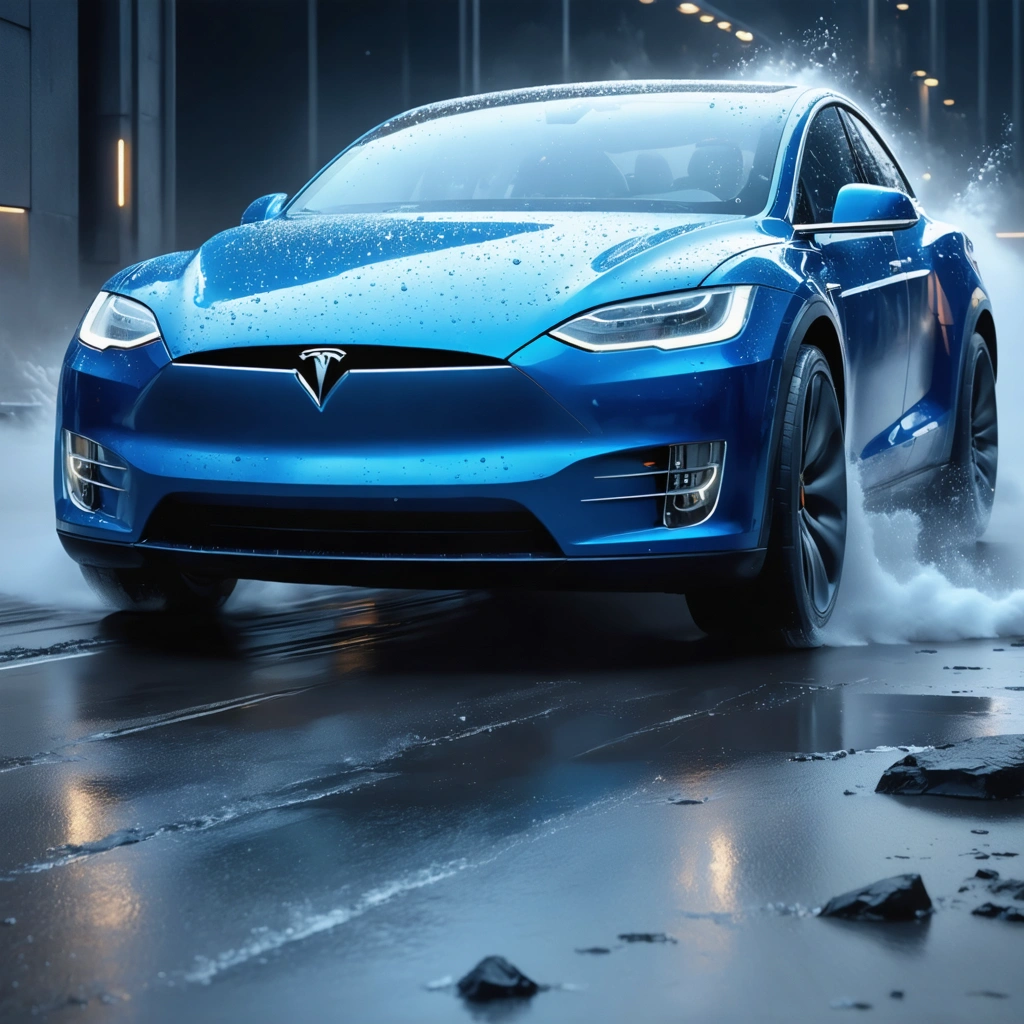
Tesla’s European Market Performance
Recently, Tesla experienced a dramatic sales drop in Europe as the company sold fewer than 16,000 vehicles last month, reflecting a nearly 45% decline across 25 countries. Moreover, dynamic market conditions and evolving consumer sentiments now drive this trend. Consequently, automotive analysts and business strategists monitor this downturn with intense curiosity. Furthermore, clear data from research platforms signal that Tesla’s market share now faces significant pressure not only from political controversies but also from intensifying competition.
Declining Sales and Emerging Trends
Sales figures indicate that Tesla’s problems affect its overall reputation. In addition, high-profile controversies—most notably the company’s association with Elon Musk’s links to the Trump administration—appear to influence consumer confidence. Therefore, the company faces a dual challenge: reassert its competitive edge while refining its public image. Additionally, emerging trends suggest that an increasing number of potential buyers switch to alternative brands, thereby prompting a reconsideration of Tesla’s strategy, particularly in European markets.
Controversial Leadership and Its Impact
The role of Tesla’s leadership now attracts intense scrutiny. Subsequently, the controversial behavior often attributed to its CEO tends to spill over into the company’s market performance. In this light, several factors receive attention:
- High-profile political statements that polarize consumer opinions;
- Public affiliations with controversial figures such as Donald Trump;
- Social media controversies that undermine established trust;
- Shifting investor sentiments influenced heavily by external political events.
Furthermore, many industry experts and political analysts now debate whether Tesla can separate corporate performance from its CEO’s public persona. Likewise, reputable commentators believe that rebranding or a refined communications strategy might help restore consumer confidence. Besides, Tesla’s decision-makers now face urgent imperatives to address issues directly and decisively as the company seeks to reverse its declining momentum in Europe.
Competitive Shifts and Market Dynamics
Industry competitors display robust performances, and these developments add further complications for Tesla’s efforts in Europe. Consequently, Chinese rival BYD now registers global revenues exceeding $100 billion, thereby overtaking Tesla’s position on several key financial metrics. In addition, traditional carmakers adapt rapidly to market changes by investing in electric vehicle technology. The following table illustrates the competitive dynamics:
| Brand | Global Revenue | Market Position |
|---|---|---|
| Tesla | Below $100bn | Declining |
| BYD | Over $100bn | Leading |
Moreover, businesses now analyze data carefully and explore strategic measures to maintain competitiveness. Notably, automotive companies adopt innovative manufacturing approaches, expand supply chain efficiencies, and seek collaborative ventures while quickly adapting to shifting consumer demands. In addition, Tesla continues to implement initiatives aimed at technological improvements and customer service enhancements.
Future Outlook and Strategic Recommendations
Looking forward, Tesla now faces critical decisions while operating amidst a turbulent market. Therefore, the company should deploy several strategic measures to regain market share and restore consumer trust. First, Tesla might enhance its public relations strategy to emphasize sustainable technology, innovation, and customer satisfaction. Second, the company could consider modifying its political engagements to minimize potential backlash. Third, investing in comprehensive market research may help detect consumer needs early and adjust pricing models accordingly.
Strategic Actions for Recovery
Additionally, potential strategies include:
- Improved Consumer Communication: Tesla needs to communicate its technical innovations, delivery efficiency, and safety records more clearly, thereby reducing any negative associations.
- Revised Marketing Campaigns: Emphasizing sustainability and innovation while downplaying political associations may help improve its public perception.
- Strategic Partnerships: Collaborating with local dealers and technology firms might foster a stronger market presence, particularly in untapped European areas.
- Customer-Centric Innovations: A renewed focus on aftersales services, software upgrades, and holistic user experiences should rebuild long-term brand loyalty.
Consequently, proactive steps supported by detailed consumer insights appear necessary. Moreover, leveraging contemporary digital marketing tools and data analytics can steer Tesla towards agile decision-making. Likewise, industry leaders now expect Tesla to react swiftly to these challenges. Thus, the company now stands at an important crossroads, and its future success depends largely on aligning technological prowess with refined public relations strategies.
In summary, Tesla’s predicament in Europe now reflects broader global trends. Although the electric car pioneer initiated innovative practices, its recent setbacks remind all market players that corporate reputation matters immensely. Meanwhile, other manufacturers continue to invest in sustainable technologies and customer engagement. In turn, this competitive environment spurs rapid transformation across the entire automotive industry. With measured, strategic responses and adaptive leadership, Tesla can transform current challenges into future opportunities. Ultimately, industry stakeholders witness an evolving scenario where agile strategies and transparent communications serve as keys to eventual recovery.




